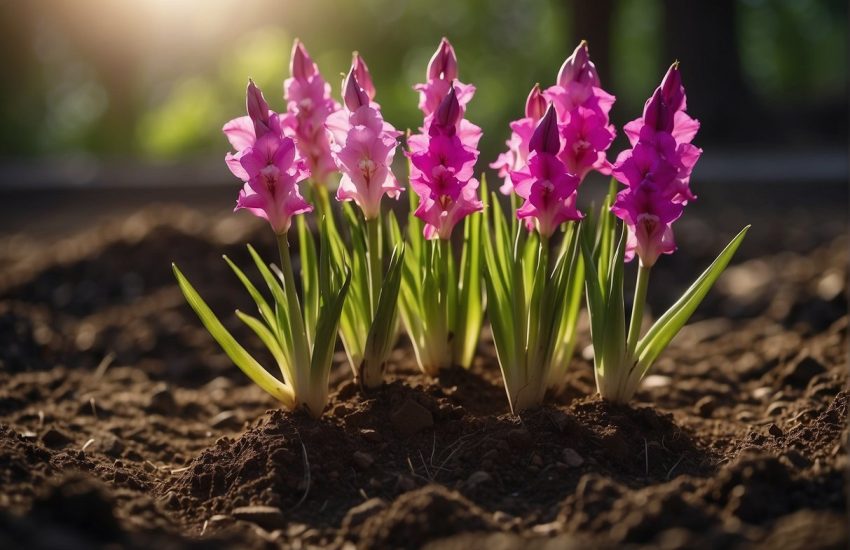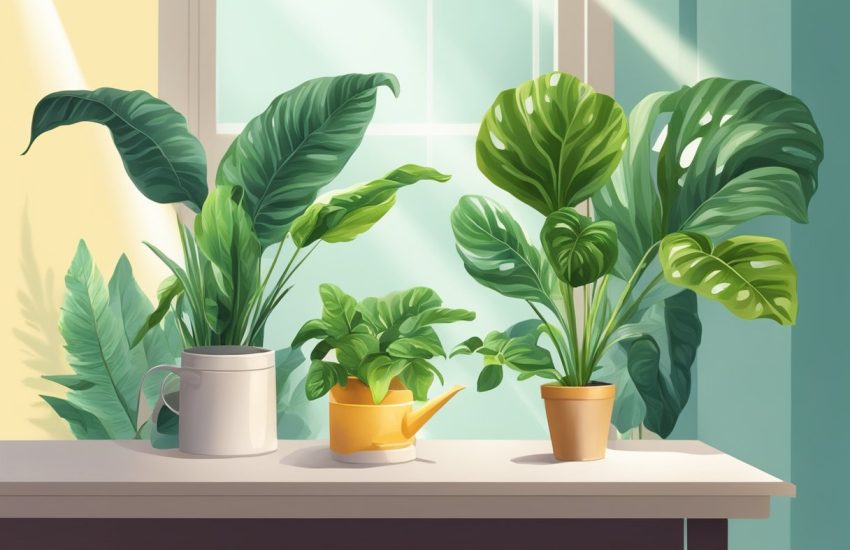Organic Pest Control for Pepper: Effective Strategies for Healthy Crops
Last updated: January 23, 2026
Pepper plants get hit by a surprising number of pests that mess with yield and quality. Organic pest control jumps in with safer methods, skipping synthetic chemicals.
This approach leans on natural predators, plant-based fixes, and cultural habits to manage pests in a way that’s both safe and sustainable.
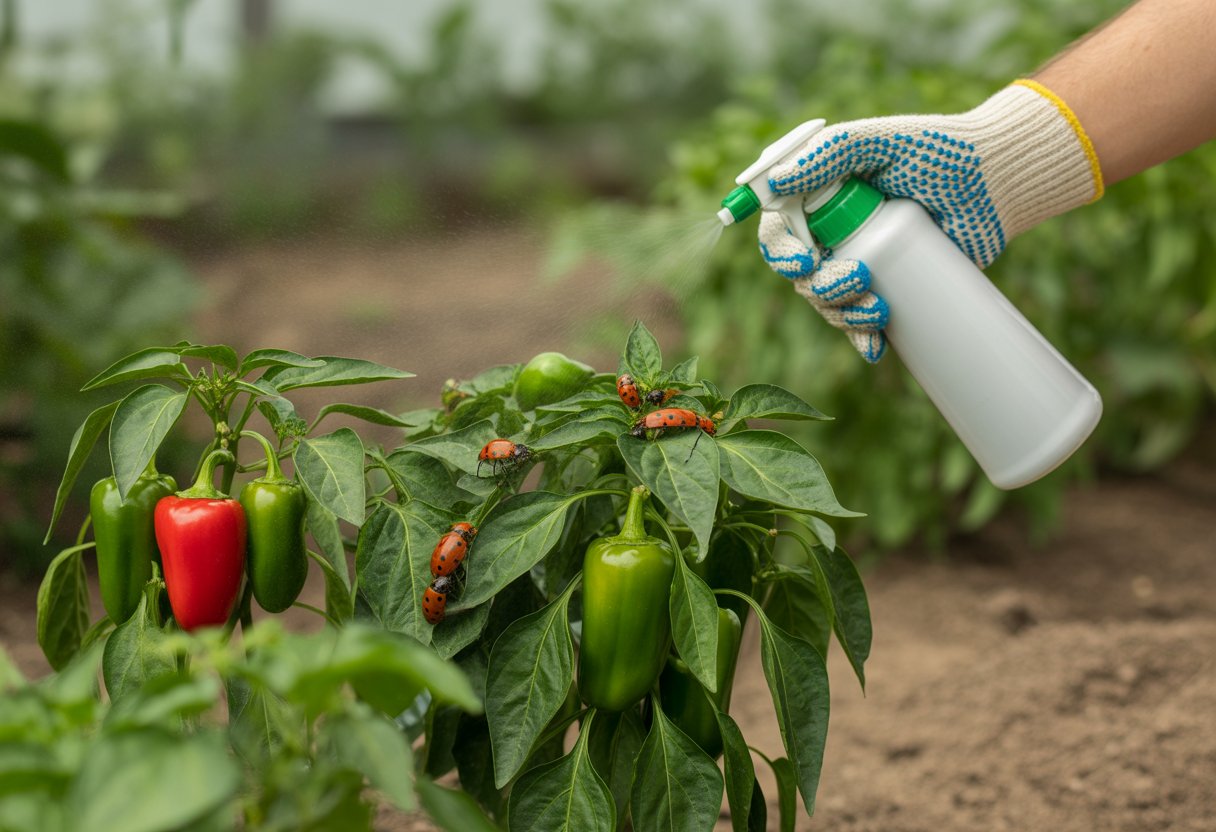
Organic gardening always circles back to healthy soil and a balanced ecosystem. That’s the real secret to keeping pest problems in check.
People use tricks like releasing beneficial insects or spraying neem oil to keep pepper plants healthy, all while keeping the environment in mind. There’s a definite move toward chemical-free veggies these days.
If you know how to use organic pest control, your peppers will probably thank you with better growth and harvests. Knowing which pests to expect—and how to handle them organically—makes a huge difference.
Common Pepper Pests and Problems
Peppers get attacked by all sorts of insects and animals, and it’s honestly a bit much sometimes. Tiny pests like aphids and spider mites show up, but so do bigger troublemakers—deer and rodents, for example.
Identifying Insect Pests
You’ll spot insect pests like aphids huddled under leaves, causing yellowing and those weird curls. Spider mites are so tiny you’ll probably notice their webs first, and their feeding leaves speckles and sometimes causes leaves to drop.
Whiteflies and thrips join the party too, damaging leaves and spreading diseases. If you check leaves and stems regularly, you can catch infestations before they blow up.
Animal Threats to Peppers
Deer and rabbits love to munch on young pepper plants, snapping stems and stripping leaves. Rodents chew on fruits, especially the ones near the ground, which is just annoying.
Even dogs and cats can trample plants if they get too playful in the garden. In some places, you might even have to worry about bears raiding for fruit. Most folks use barriers or repellents to keep animals out.
Understanding Pest Damage
You’ll see pest damage as leaf irritation, weird colors, or holes. Aphids leave sticky honeydew, which then encourages mold.
Spider mites make leaves look speckled and sometimes bronzed. Animals break stems, bite leaves, or leave behind half-eaten fruits.
When pests stick around, peppers don’t photosynthesize well, and growth stalls. Knowing what kind of damage you’re seeing helps you pick the right organic fix.
Essential Organic Pest Control Methods
If you want to keep pepper plants healthy organically, you need a mix of tactics. Physical barriers, helpful bugs, and homemade sprays form the backbone.
Physical Barriers and Mulching
Stuff like row covers and fine mesh nets physically block pests—think aphids, flea beetles, and maggots—from getting to your peppers. Just be sure to anchor them well.
Mulching with straw or leaves keeps weeds down and holds in moisture. It also makes things tougher for soil pests by keeping plants off the dirt.
Gardeners like this method because it boosts soil quality and skips chemicals. Mulch can even mess with pest life cycles by disrupting their habitats.
Encouraging Beneficial Insects
Ladybugs, lacewings, and parasitic wasps eat aphids, whiteflies, and caterpillars for breakfast. Planting marigolds, dill, or fennel nearby draws these good bugs in.
If you skip broad-spectrum insecticides—even organic ones—you’ll help these beneficial insects stick around. That means less work for you.
More plant diversity and fewer chemicals create a healthier mini-ecosystem. You won’t have to intervene as often, and your peppers will likely be happier for it.
Homemade Organic Sprays
You can whip up sprays with garlic, neem oil, or even hot peppers. Capsaicin especially messes with insects’ senses, so it’s a handy deterrent.
A basic spray might mix crushed garlic, water, and a little soap—works well against aphids and beetles. Neem oil interrupts insect growth, which covers a lot of bases.
These DIY sprays are cheap and don’t leave behind much residue. You’ll need to reapply after rain or heavy dew, though—nature’s always keeping you on your toes.
Popular Organic Solutions and Natural Repellents
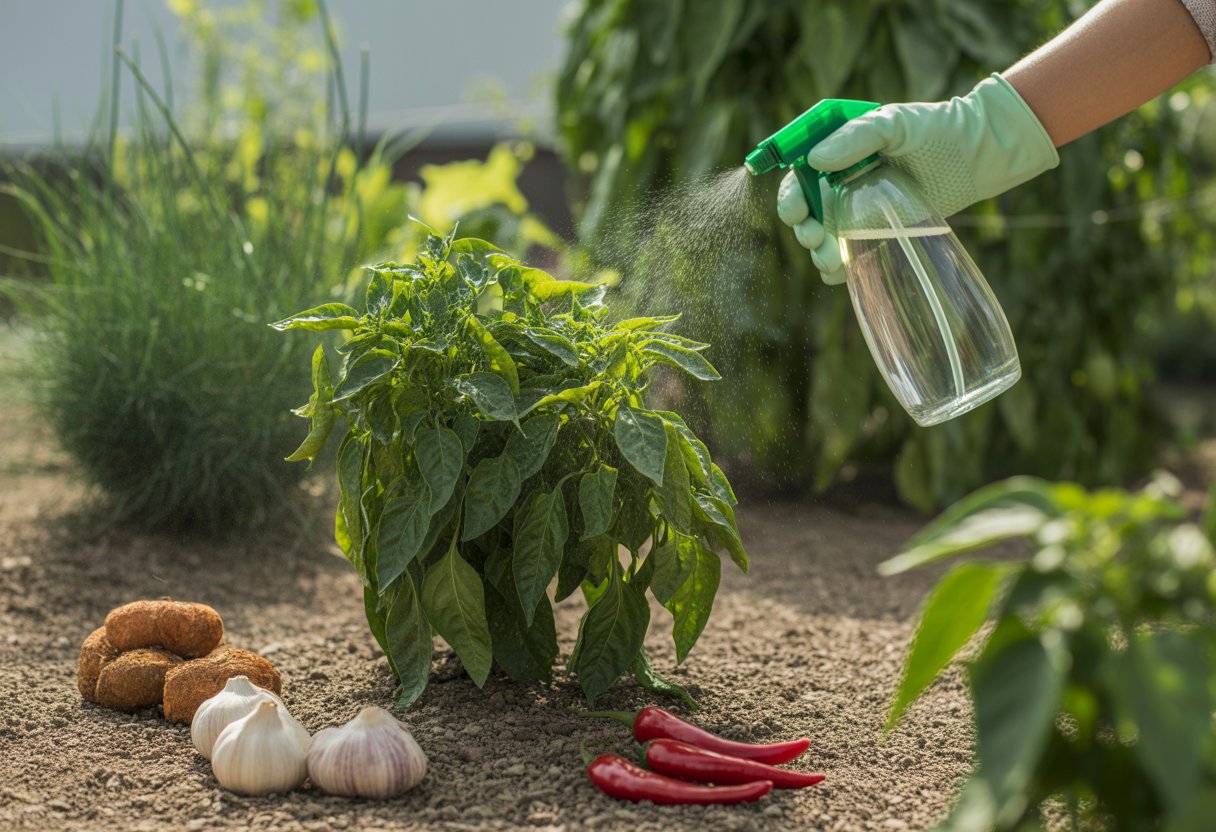
Keeping pests off pepper plants organically means using targeted sprays and repellents from natural sources. These methods cut down on chemicals while still handling insects and animals.
Neem Oil and Plant-Based Insecticides
Neem oil is a favorite among organic gardeners. It disrupts how pests grow and eat by messing with their hormones.
You spray neem oil right onto the leaves, and it knocks out soft-bodied bugs like aphids and spider mites. Used correctly, it won’t bother helpful insects like bees.
Other options are pyrethrin and insecticidal soaps. They work, but you’ll need to spray more often and pay attention to timing so you don’t stress out your peppers.
Using Cayenne Pepper and Capsaicin
Cayenne pepper contains capsaicin, which really annoys insect pests. Mix it with water for a spray that keeps bugs at bay but won’t hurt the plants.
This trick works on aphids, beetles, and caterpillars by making feeding uncomfortable. It’s cheap and non-toxic, but you’ll probably have to reapply after every rain.
Just be careful—capsaicin can irritate your skin and eyes when you’re mixing or spraying.
Natural Animal Deterrents
To keep animals like rabbits, deer, and birds away, gardeners use natural repellents around the garden. Garlic sprays, for example, smell so bad to critters that they usually stay away.
Some people scatter human hair, blood meal, or use commercial animal repellents that are approved for organic gardening. Netting or fencing works well too if you’re dealing with persistent visitors.
These options keep animals in check without hurting them, which fits right in with organic principles.
Best Practices for Pepper Pest Management
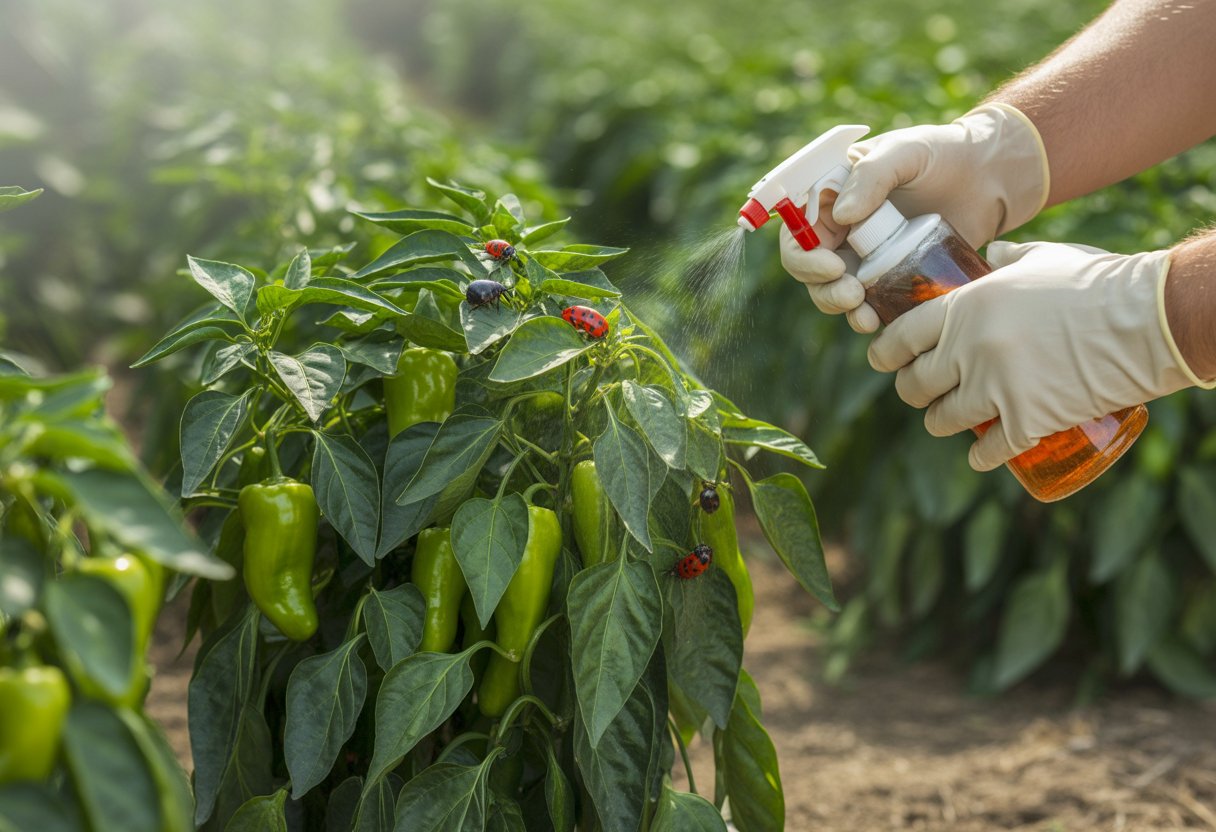
Getting pest control right with peppers means using a mix of strategies. You’ll want to monitor your plants, use preventative steps, and only step in with stronger measures when you really need to.
Integrated Pest Management Strategies
Integrated Pest Management (IPM) weaves together biological, cultural, and mechanical tools to keep pest numbers down. For example, you might release ladybugs or lacewings to eat aphids and whiteflies.
Rotate crops and plant companions like basil or marigolds to throw pests off their game. Sometimes you just pick pests off by hand or use row covers for young plants.
If you do need chemicals, stick to organic-approved ones like insecticidal soaps or neem oil, and only as a last resort. Spraying at the right time helps you hit pests when they’re most vulnerable and keeps good bugs safe.
Organic Gardening Tips
Healthy soil is the backbone of organic gardening. Compost and well-rotted manure beef up soil structure and nutrients, so your peppers grow strong.
Mulch keeps weeds down and moisture in, making it harder for pests to take over. Give your plants enough space for good airflow, since cramped peppers invite fungal problems.
Steer clear of synthetic pesticides and fertilizers to help beneficial insects and soil life thrive. Relying on natural amendments and organic pest controls just feels right for sustainable gardening.
Monitoring and Prevention
Check your pepper plants regularly—it’s honestly the best way to catch pests early. Try to scout at least twice a week.
Look under leaves, along stems, and on the fruit for any weird spots, bugs, or damage. Sometimes you’ll spot trouble before it takes over.
Sticky traps work well for flying pests. If you’re after a specific species, pheromone traps might do the trick.
If you see infested leaves or damaged parts, just remove them. It seems simple, but it really helps slow the spread.
Keep your garden tidy by clearing away old plant debris. Pests love to hide there.
Weeds can shelter pests too, so don’t let them stick around. Healthy plants—good watering, proper nutrition—stand a better chance against infestations.

